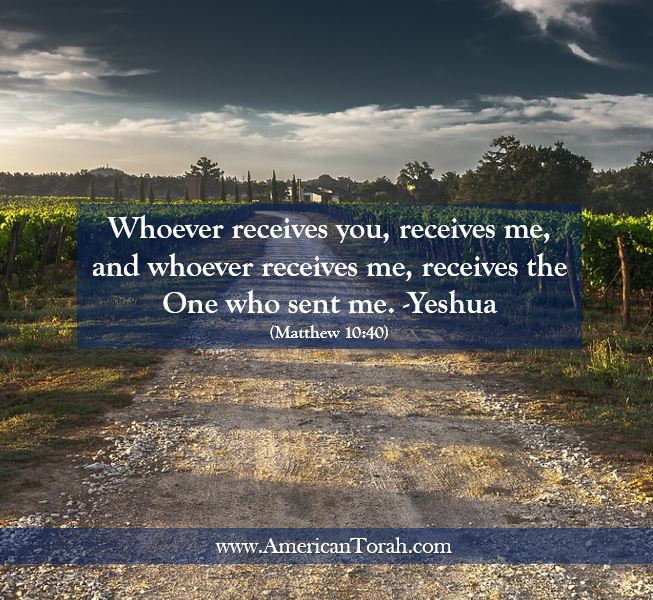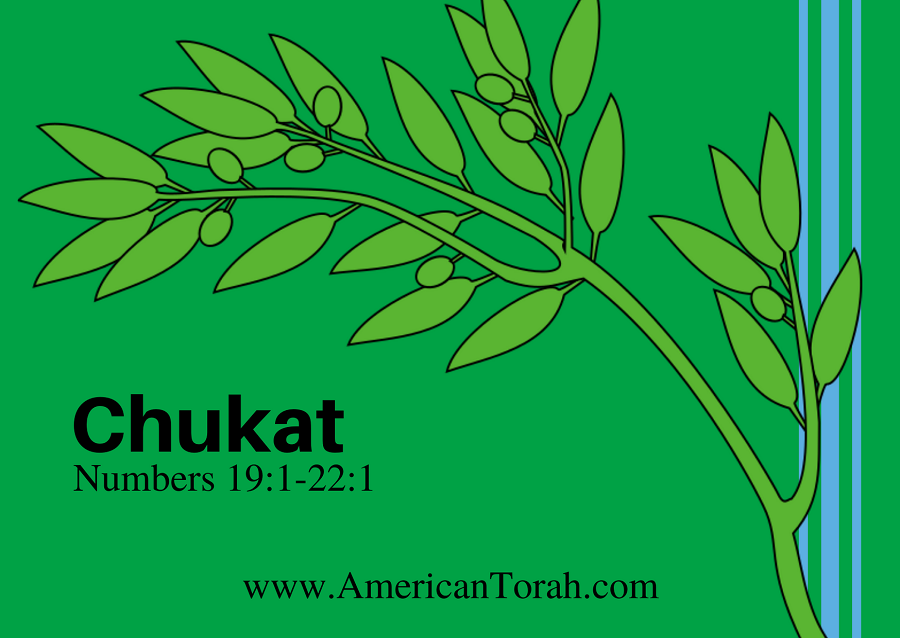
Israel had been in the wilderness for 38 very long years. They had wandered–seemingly without end–through some of the harshest terrain the world has to offer, living in tents, driving their herds before them. They had suffered internal and external violence, fire from heaven, and the earth opening beneath their feet. Finally, they were on the border of the Promised Land. They could walk north through a short stretch of territory belonging to Edom before crossing the Jordan to their new home. Just a few more miles.
That was the plan, at least, but no plan ever goes quite the way we intend.
At the border of Edom, Moses sent messengers to the king asking for permission to cross. Israel would not stray from the main road and would pay for any resources used, even for water. The king refused them passage, and they had to walk months and many miles out of their way.
After Israel had gone around Edom, they encountered King Arad, who not only refused them passage, but attacked them unprovoked. King Sihon, the Amorite, and King Og of Bashan, followed suit. Their hostility to the Hebrews is unexplained in Scripture. Their land wasn’t within the boundaries that God had originally described, so until they attacked Israel (or, as in the case of Edom, simply refused to cooperate), they had no cause to worry about this vast horde descending from the wilderness.
Not only did they have no cause to attack, but they had every reason to be friendly. Every nation in the area must have known what happened to Egypt. Why weren’t they afraid? Each of these kingdoms suffered a worse fate than the one before. Edom lived in Israel’s shadow for many centuries until they were ultimately destroyed as a nation and partially absorbed into Judah. Arad’s people were devoted to future destruction. King Sihon’s Amorites were dispossessed, and their land was occupied by the Israelites. Finally, King Og and his people were destroyed, men, women, and children.
Imagine how different Edom’s place in history might have been if they had helped Israel instead of hindering them? If they had been willing to trade with Israel, they could have established a very profitable relationship that might still exist today.
When preparing the twelve disciples (How many tribes of Israel are there, again?) for their evangelistic missions, Yeshua said “Whoever receives you, receives me.” Then he extend this principal to all people who are anointed by God to perform a mission.
One who receives a prophet because he is a prophet will receive a prophet’s reward, and the one who receives a righteous person because he is a righteous person will receive a righteous person’s reward.
I believe he was specifically thinking about these episodes in Numbers 20 & 21 when he said this, and here is the clincher:
Whoever gives one of these little ones even a cup of cold water because he is a disciple, truly, I say to you, he will by no means lose his reward.
He told twelve men that those who provide aid–a cup of water, even–to them while on a God-ordained journey will receive a reward. The parallel to the twelve tribes being denied a cup of water by Edom is hard to escape. Indeed, those who will not extend a cup of cold water to them will receive their reward as well, but they might not like it very much.
Just ask King Og.
There are a number of reasons why someone might attack one of God’s anointed: hatred of God, jealousy of their anointing or position, pride, etc. It’s no different today. Whatever motivated Edom and Arad still motivates people today. Anyone who boldly speaks out against precipitously declining morals will be attacked. It doesn’t matter how polite they are about it. The truth is hateful to people who are desperate to believe a lie.
Everyone in God’s Kingdom has a job to do, and all of our jobs are important no matter how big or small they appear in our own eyes. King Og was a giant of a man–Deuteronomy 3:11 says his bed was about 13 feet long–but he was a gnat before God’s little ones. Don’t be afraid to put your hand to your plow or to your cross. (The two are very often one and the same.) You might not be a prophet or pastor, but whatever God has given to you is important, and the rewards for obedience are great. We are all anointed for one task or another and we all have opportunities to aid one another along the way.
It’s even possible that the job God has given you is to stand at the side of the road with a cup of cold water like Phoebe did for Paul. (Romans 16:1) Don’t dismiss service and kindness as inconsequential. Edom could have saved millions of people months of hardship just by standing aside and giving a little water. Instead, they are gone, erased from history as a people, remembered only for what they did wrong.
Be who God made you to be and don’t stand in the way of others who are also about God’s business. You will by no means lose your reward, and when you aid others in God’s service, your reward will be all the greater.




